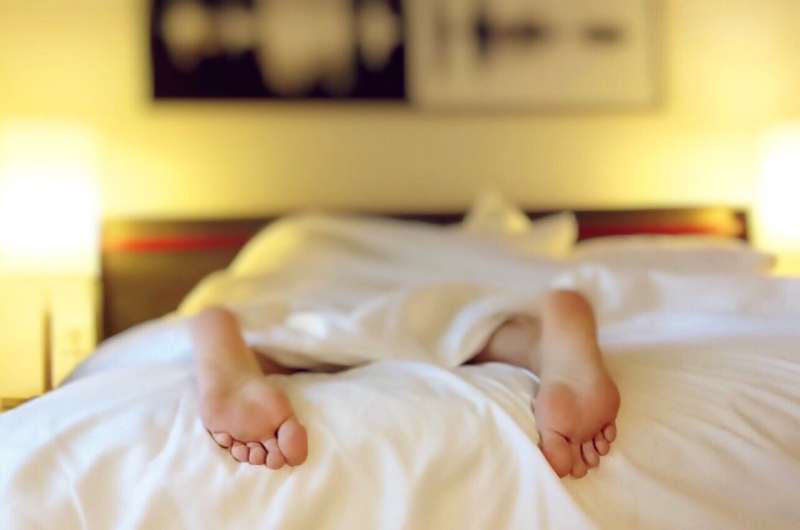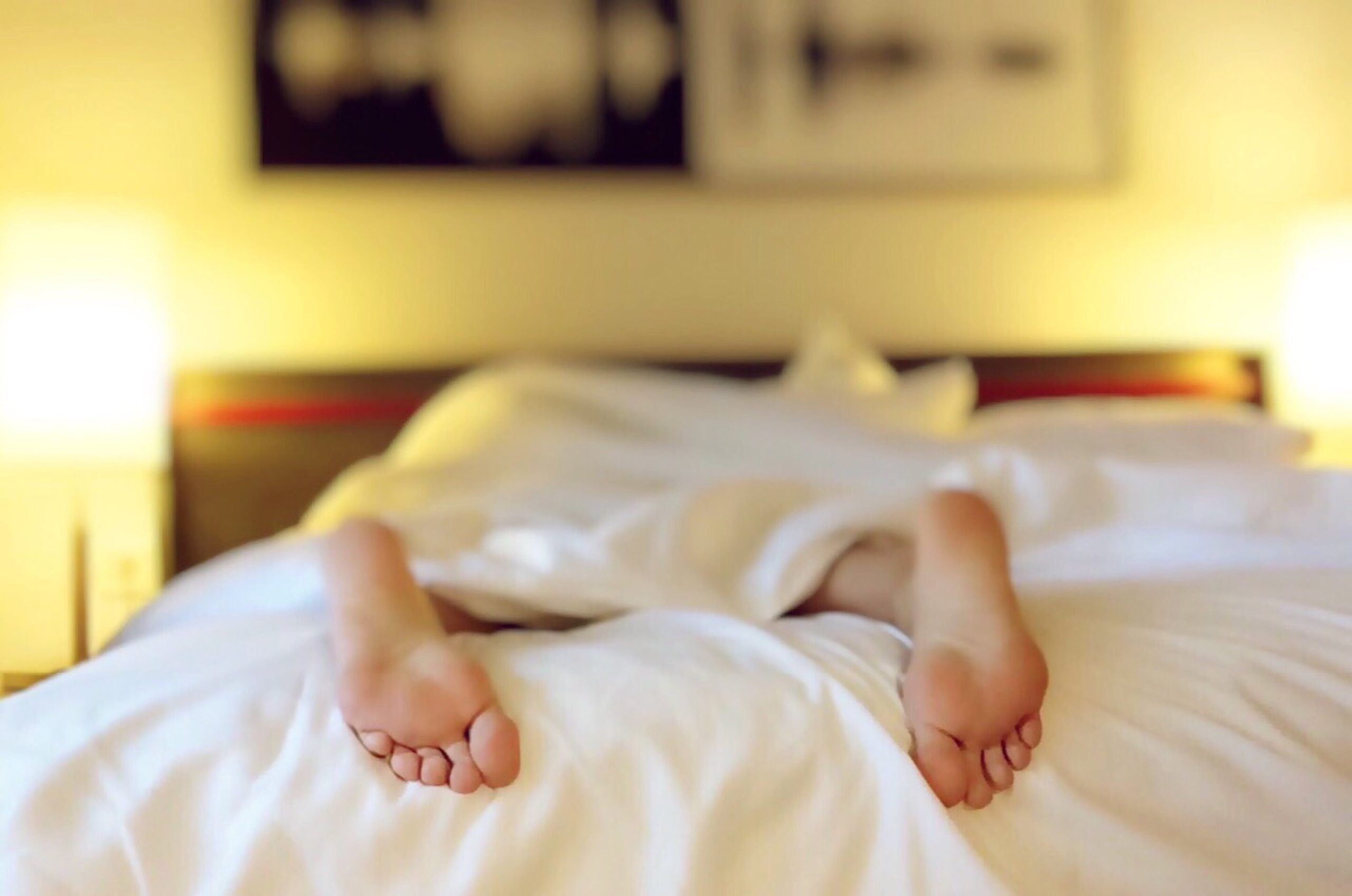
Chronic insomnia and obstructive sleep apnea (OSA) are each keeping about 10% of the general population from getting a restful night’s sleep. When combined, they create a condition known as comorbid chronic insomnia and OSA (COMISA), which is associated with worse daytime functioning, lower quality of life and higher rates of cardiovascular disease. Psychiatric issues and an increased risk of mortality are also present.
Over a third of people diagnosed with OSA report chronic insomnia, making it a serious though relatively undertreated disorder.
A new pilot study led by Concordia researchers suggests that cognitive behavioral therapy for insomnia (CBTi) combined with regular exercise training could improve insomnia symptoms in the COMISA population. The CBTi component approaches sleep disorders from a behavioral perspective, and includes an important emphasis on finding an optimal sleep schedule and responding differently to periods of prolonged awakenings in bed.
Published in the Journal of Sport and Exercise Psychology, the study compared results of two groups in two eight-week phases. One group was assigned 16 weeks of moderate exercise, while the other completed eight weeks of relaxation training followed by eight weeks of CBTi and exercise.
Results were measured according to the Insomnia Severity Index (ISI), a seven-item questionnaire that assesses subjective sleep quality and the severity of insomnia symptoms.
“We found that after the first eight-week period, exercise had a greater impact than relaxation training on ISI scores,” says Amanda Cammalleri, one of the paper’s lead authors. “But the cognitive behavioral therapy combined with exercise had a larger effect on ISI than exercise alone, meaning a larger reduction in insomnia complaints.”
However, the ISI is a self-reported questionnaire. Other sleep measures measured with in-lab polysomnography, such as sleep latency and the number of times people wake up throughout the night, showed no significant change and only small effects. Although participants subjectively felt that they had better sleep, the objective sleep parameters assessed did not change after the treatment.
Targeting CBT
Véronique Pepin, a professor in the Department of Health, Kinesiology and Applied Physiology, the interim dean of Concordia’s School of Health, and the paper’s corresponding author, says that despite the study’s relatively small sample size of only 19 individuals, “we as researchers picked up a strong signal that is consistent with the literature.”
“It was also interesting to me as a kinesiologist because this study was designed by researchers in psychology, neurology, and kinesiology, and we were able to combine our respective interventions,” she adds. “We are seeing more and more examples of targeted cognitive behavioral therapy, so it’s exciting to see what can be accomplished if it is combined with other behavioral interventions, like exercise and nutrition.”
“We already know that exercise can improve mood, and affect our nervous system, systemic inflammation, and other mechanisms that in turn, can affect sleep,” concludes Cammalleri. “Our study demonstrated an effect on perceived sleep quality specifically, and it would be interesting to see which potential mechanisms led to this change with future studies.”
The co-first author of this study is Aurore Perrault, and the study was co-authored by Alexandra Hillcoat, Emily Carrese-Chacra, Lukia Tarelli, Rahul Patel, Marc Baltzan, Florian Chouchou, Thanh Dang-Vu and Jean-Philippe Gouin.
More information:
Amanda Cammalleri et al, A Pilot Randomized Trial of Combined Cognitive-Behavioral Therapy and Exercise Training Versus Exercise Training Alone for the Management of Chronic Insomnia in Obstructive Sleep Apnea, Journal of Sport and Exercise Psychology (2024). DOI: 10.1123/jsep.2023-0139
Citation:
Insomnia in sleep apnea patients can be managed with cognitive behavioral therapy and exercise training, finds study (2024, September 24)
retrieved 5 October 2024
from https://medicalxpress.com/news/2024-09-insomnia-apnea-patients-cognitive-behavioral.html
This document is subject to copyright. Apart from any fair dealing for the purpose of private study or research, no
part may be reproduced without the written permission. The content is provided for information purposes only.

